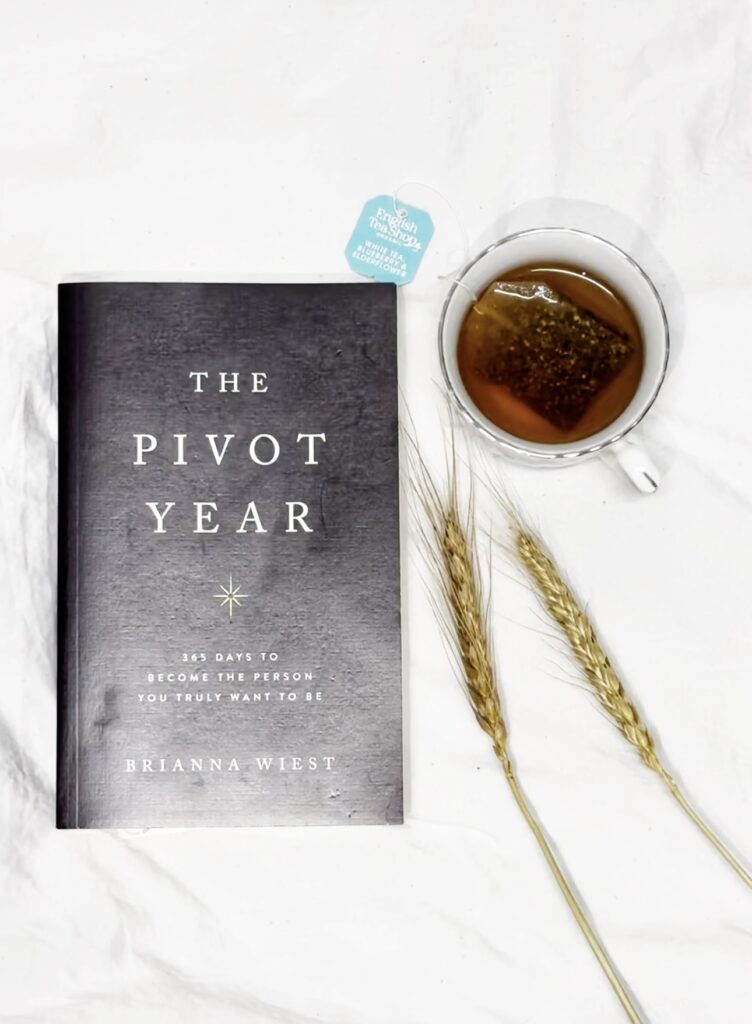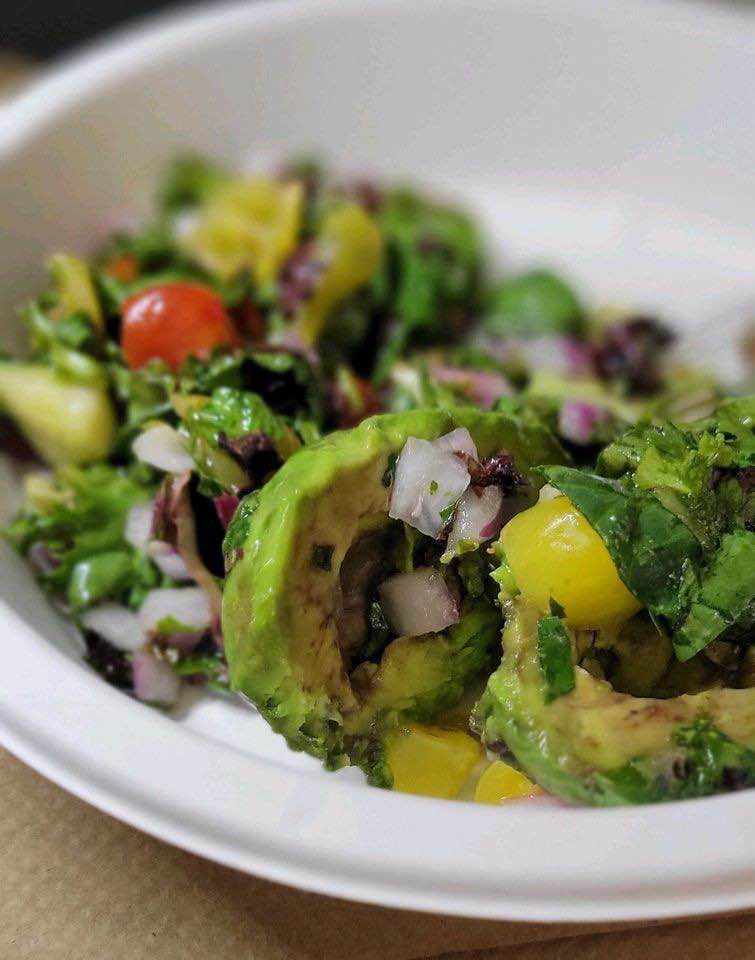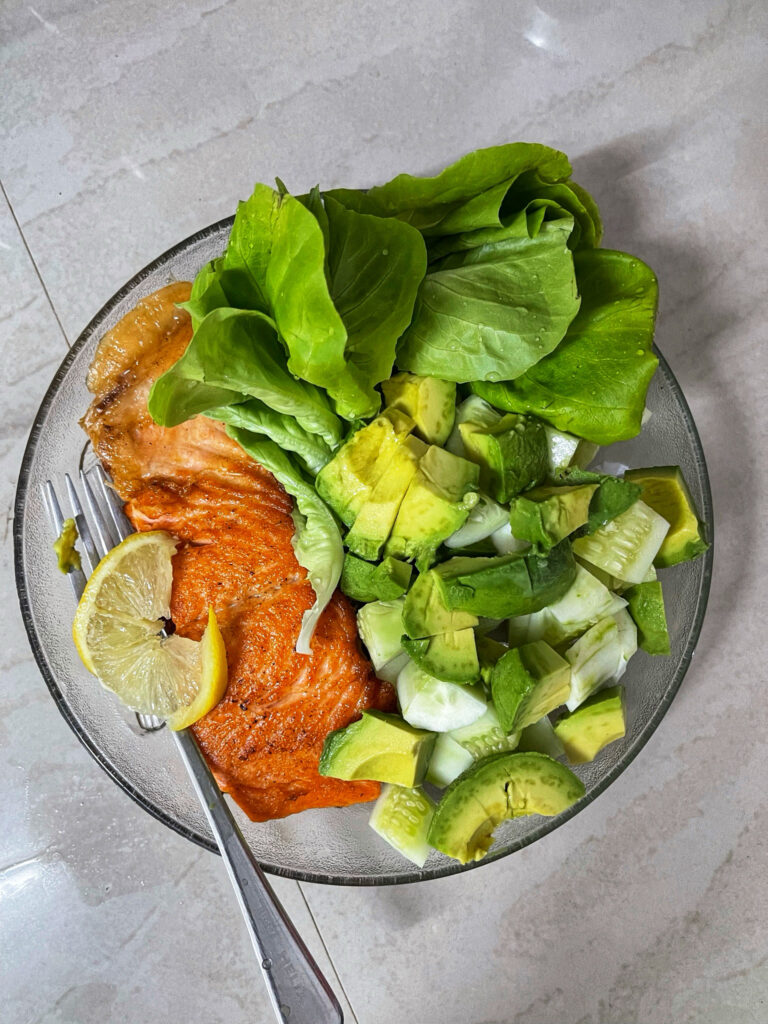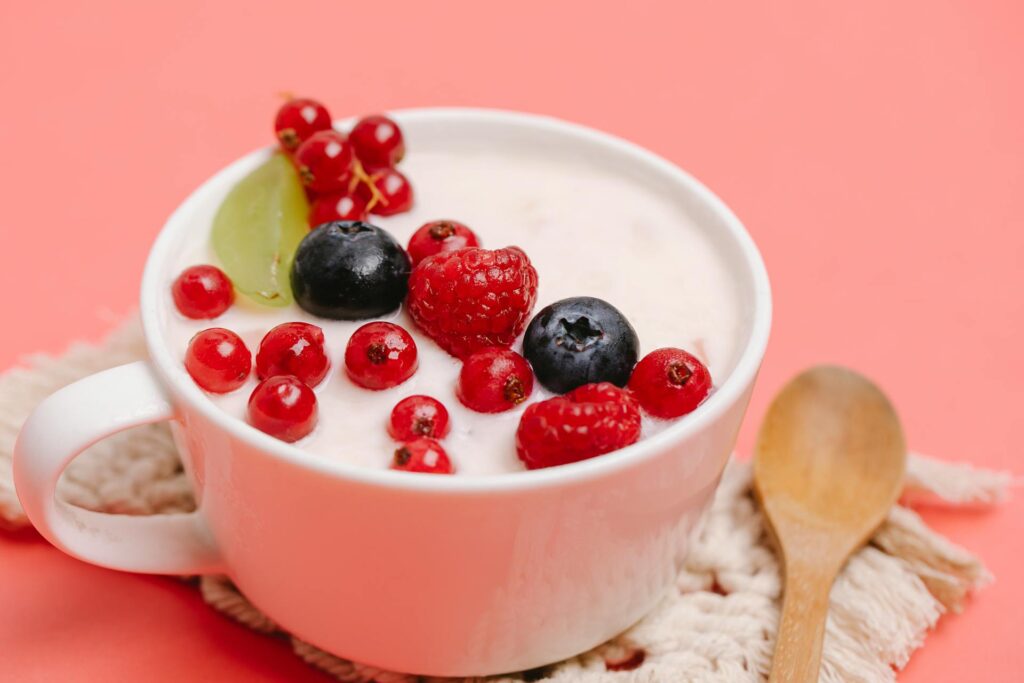
Life these days can feel overwhelming, right? With all the daily pressures and endless to-do lists, I’ve found myself struggling with stress more times than I can count. It’s not just about the mental strain either—stress affects me physically too, with headaches, sleepless nights, and sometimes even memory lapses. And while there are countless methods to tackle stress, I’ve come to appreciate a simple yet powerful tool: food. Yes, stress-reducing foods! something as basic as what we eat can make a huge difference.
Understanding Stress (And How Food Can Help)
We all know what stress feels like. But what I didn’t fully realize was how deeply it’s tied to the body’s hormones. When stress hits, even if it’s just for a few hours, our adrenal glands release hormones like adrenaline and noradrenaline. These help sharpen our focus and get us through tough moments. But when stress lingers, things shift. Cortisol—often called the “stress hormone”—starts flowing. While it gives us a temporary boost of strength, too much of it over time can lead to issues like anxiety, high blood pressure, and muscle weakness.
Managing stress effectively is really a balancing act. It’s about getting enough sleep, staying hydrated, nurturing relationships, and yes, paying attention to what I’m eating. What I’ve learned is that certain foods help calm the body and mind by reducing cortisol or boosting serotonin and dopamine—our body’s “happy” hormones. Here are some of my go-to stress-relieving foods.
My Favorite Stress-Reducing Foods

Herbal Tea
Nothing calms me down faster than a warm cup of herbal tea. It’s not just the tea itself, but the ritual of holding that warm cup and slowly sipping it. Whether it’s green tea or soothing chrysanthemum tea, I instantly feel a sense of calm wash over me.
Dark Chocolate
Who doesn’t love a bit of chocolate? I always keep a bar of dark chocolate (70-85% cocoa) nearby. Not only is it rich in antioxidants, but it’s also packed with flavonoids that help lower cortisol levels and ease stress.
Whole Grains
When I’m feeling a bit frazzled, I often reach for whole grains like oats or brown rice. They’re loaded with healthy carbs that boost serotonin, making me feel more centered and focused.

Avocado
I love avocados—not just for their creamy texture, but because they’re packed with vitamins like C, E, K, and essential minerals. Avocados are like a natural stress-busting superfood.
Fatty Fish
When I’m planning my meals, I try to include fatty fish like salmon or tuna. They’re high in omega-3s, which are fantastic for heart health and reducing anxiety. If I can’t cook fish, I take fish oil supplements after consulting with my nutritionist.

Warm Milk
There’s something so comforting about a glass of warm milk before bed. It reminds me of childhood and always helps me sleep better. Plus, milk is rich in calcium and vitamin D, both of which stabilize my mood and keep those pre-bedtime worries at bay.
Nuts
Whenever I’m in need of a quick snack, I grab a handful of almonds or walnuts. They’re full of B vitamins and magnesium, which are key in helping my body manage stress.
Fruits Rich in Vitamin C
Oranges, tangerines, and strawberries are always on my shopping list. They’re delicious, and the vitamin C they provide is essential for helping my adrenal glands manage cortisol production.
Probiotics
I never realized how connected gut health is to mental well-being until I read about it. Adding probiotics to my diet has made a noticeable difference in my stress levels, thanks to the way they help balance mood-regulating hormones like serotonin.
Fiber-Rich Foods
Along with probiotics, I make sure to include plenty of fiber in my diet. It keeps my gut happy and helps regulate my blood sugar, preventing those energy crashes that only add to my stress.
Artichokes
Whenever I get the chance, I like to cook with artichokes. They’re full of magnesium, which helps my body respond better to stress, and they’re also packed with vitamins that boost overall well-being.

Greek Yogurt
I’ve found that Greek yogurt is a great addition to my breakfast routine. It’s not only good for digestion but also helps balance my mood and keep my mind sharp throughout the day.
Incorporating stress-reducing foods into your diet can significantly impact your overall well-being. For more in-depth information, consider reading the following articles:
30+ Foods To Help With Anxiety” by Cleveland Clinic Health Essentials
Learn more about the fundamentals of a balanced diet in What forms the basis of a healthy diet?
FAQs
-
How do foods help lower stress?
Some foods change the body’s stress response. They lower cortisol levels plus increase “happy hormones” like serotonin and dopamine. These nutrients calm the mind and body ‒ improving well-being.
-
Does herbal tea really reduce stress?
Herbal teas e.g. green tea or chrysanthemum tea, have compounds promoting relaxation. Sipping a warm drink also soothes psychologically.
-
Why is dark chocolate good for reducing stress?
Dark chocolate (70–85% cocoa) has antioxidants plus flavonoids that lower cortisol levels ‒ improving mood effectively in moderation.
-
Are fish oil supplements as effective as eating fatty fish?
Fatty fish naturally provides omega-3s; however, fish oil supplements serve those not eating fish often well enough ‒ but consult a nutritionist first.
-
Does warm milk help with reducing stress and aiding sleep?
Warm milk contains calcium along with vitamin D ‒ stabilizing mood while promoting relaxation before bedtime improves sleep quality ‒ a key in managing stress.
-
What role do probiotics play in lowering stress levels?
Probiotics support gut health linked closely to mental wellness ‒ a healthy gut regulates hormones like serotonin, thus lowering stress levels significantly.
-
Are nuts beneficial snacks for relieving stress?
walnuts contain B vitamins along with magnesium that help manage energy plus relieve bodily tension from stressful situations effectively!
-
How does vitamin C aid in reducing stressful feelings?
Vitamin C supports adrenal glands producing cortisol under pressure; oranges along strawberries or tangerines provide excellent sources of this vital nutrient!
-
Do fiber rich foods assist in managing daily stresses?
Fiber-rich options stabilize blood sugar preventing energy dips intensifying anxiety ‒ they also aid gut health playing roles regulating moods efficiently!
Final Thoughts
I’ve come to realize that managing stress doesn’t have to be complicated or expensive. It can be as simple as enjoying a cup of tea, adding more veggies to my meals, or indulging in a small piece of dark chocolate. Taking care of my mental health by making these small but impactful changes in my diet has made a world of difference. So, let’s not let stress run the show. We can make mindful, nourishing choices that help us feel more grounded and at peace.
Which of these stress-reducing foods is your favorite? Or do you have any go-to foods that help you relax?
I’d love to hear your thoughts, so don’t hesitate to share your experiences or questions in the comments below!
Plugin designed by RofiTech


Leave a Reply